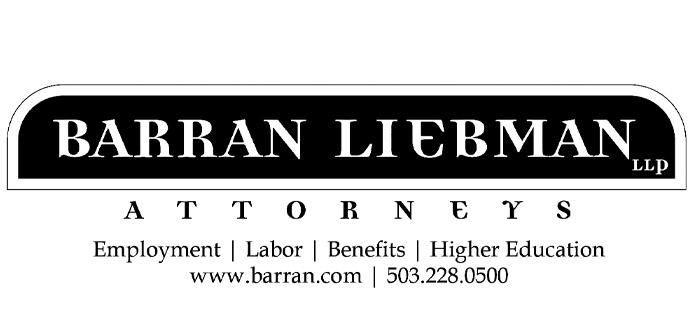(Photo | Pexels)
Oregon employers who participate in a multiemployer group and have employees dispatched from a hiring hall need to prepare for significant changes to Oregon’s Paid Sick Leave law effective January 1, 2023. The hiring hall is a unique system established to address unique workforce needs. Oregon’s law used to have a large and generic exemption from the paid sick leave requirements if: the employees’ terms and conditions of employment were covered by a collective bargaining agreement, the employees were dispatched through a hiring hall, and their employment-related benefits were provided by a multiemployer-employee trust or benefit plan.
New Requirements
However, in the 2021 legislative session, that exemption was modified in Senate Bill 588. Those modifications are effective January 1, 2023, and create several additional hurdles in order for employers to utilize the multiemployer group exemption. Beginning in the new year, an employer utilizing employees out of a hiring hall can still be considered in compliance with Oregon’s Paid Sick Leave law if:
- the employer is a signatory to a collective bargaining agreement;
- the employer agrees to contribute to a multiemployer-employee trust or benefit plan that is maintained for the benefit of the employees subject to the agreement;
- the terms of the agreement provide a sick leave policy or other paid time off program that is substantially equivalent to or more generous than the minimum requirements of ORS 653.601 to 653.661 for the benefit of employees;
- those employees are:
- employed through a hiring hall or similar referral system operated by the labor organization or a third party;
- whose terms and conditions of employment are covered by the multiemployer collective bargaining agreement;
- whose employment-related benefits are provided by the joint multiemployer-employee trust or benefit plan;
- the trustees of the trust or benefit plan have agreed to the level of benefits provided under the sick leave policy or other paid time off program; AND
- the contributions to the trust or benefit plan are made solely by the employer signatories to the agreement.
Additionally, to qualify under this new compliance avenue for employers in a multiemployer group, employees must be eligible to use sick time accrued under a sick time policy or other program made available by an employer beginning on the 91st calendar day of employment with an employer who is a signatory to the multiemployer collective bargaining agreement. This means that an employee may combine employment service attributable to each employer signatory for whom the employee worked to meet these eligibility requirements.
The language of these new requirements is clear — there are substantially more compliance hurdles for employers in multiemployer groups who utilize workers from a hiring hall. Employers will also need a system whereby they track time worked with other signatory employers towards that employee’s eligibility to utilize paid sick leave. These items will be a big change for some employers who may have historically just paid wages and fringe, but never had to administer a paid sick leave policy.
Exemption for Longshoremen
There is still a relatively broad exemption from Oregon’s Paid Sick Leave law requirements for longshoremen. Specifically, the exemption states that the law’s requirements do not apply to an employee:
- who is employed as a longshore worker;
- who is employed through a hiring hall or similar referral system operated by the labor organization or a third party;
- whose terms and conditions of employment are covered by a collective bargaining agreement; AND
- whose employment-related benefits are provided by a joint multiemployer, employee trust or benefit plan.
Because this bill passed in early 2021, many employers were more focused on COVID’s toll in the workplace. Now, employers must prepare for January 2023. Employers who draw workers from hiring halls and who are parties to multiemployer agreements need to ensure that their paid sick leave practices in the new year are compliant with these changes. For some, that may require bargaining with the multiemployer group and union and training for managers and supervisors on how to administer a paid sick leave policy.
For questions on compliance or bargaining, contact Barran Liebman LLP labor and employment attorney, Nicole Elgin, at nelgin@barran.com or 503-276-2109.




